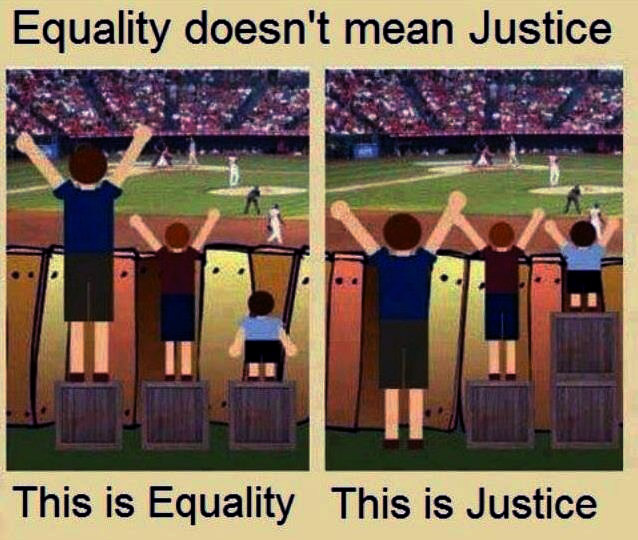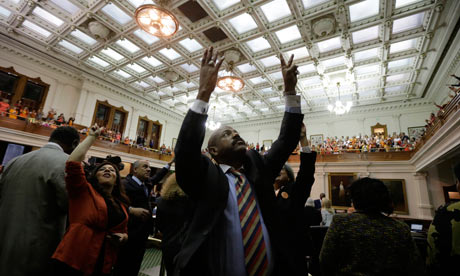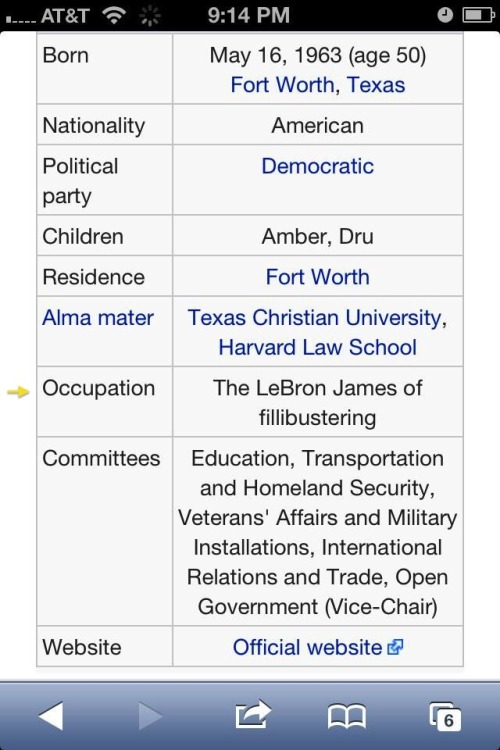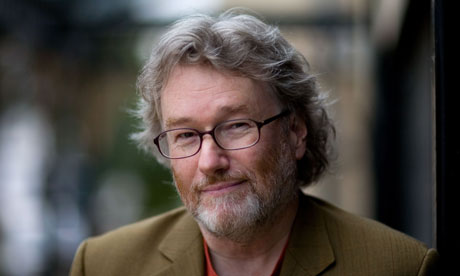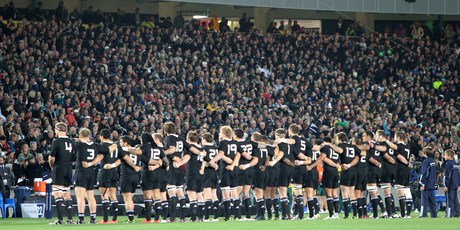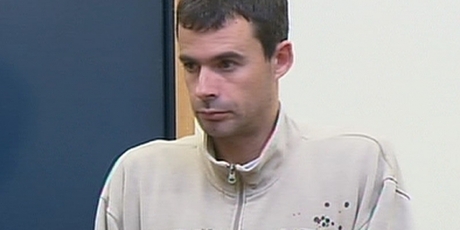 |
| At 6pm. We look, er, ready? Maybe? |
As someone who's used the written word all my life to make sense of things it seems a bit odd that the world of zines has until now been a mystery to me. Aside from attending the
Auckland Zinefest on a date with someone a couple of years ago I had dismissed zines as being a bit, well, hipster. A throwback to the days before blogs and the internet that were now the bastion of people with too much time on their hands and a penchant for gingham. So when I was invited to take part in the
24 Hour Zine challenge last Friday, the lure of trying something different proved irresistible. For me, it was more the writing side that appealed. Sitting down for a night and a day in a new environment where I could just
write? Sounded pretty great. The whole idea of typing, drawing, laying out and creating a 24-page booklet seemed almost an afterthought.
So myself and a friend (do check out her
website- some of it very NSFW) loaded ourselves up with caffeine drinks and jellybeans and hit the town centre, really not knowing what to expect. She and I both had a rough idea of what we wanted to do. She wanted to do something queer, sexy and femme-filthy, filled with glitter and claws, and I had the idea of writing 30 letters to various people, places and things that had impacted on me in some way over the last 30 years and would be filled with anger, love, soul-baring and honesty. Basically, our ideas are this photo in zine form:
 |
| I'll leave you to work out which is which. |
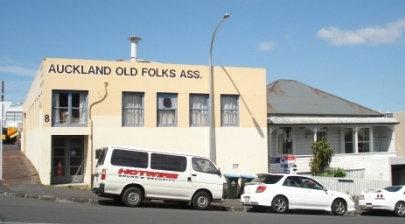 |
| They said "ass" |
We arrived at the Auckland Old Folks' Association (wonderfully shortened to the Auckland Old Folk's Ass on the wall outside) and were unfashionably early. In our defense we thought the place was going to be MUCH busier than it turned out to be so we wanted a table to spread out all our
junk brilliant ideas on.
 |
| Ground Zero for the next 20 or so hours |
I got into the writing side almost straight away, just writing out the first 30 things I could think of. They're not necessarily the most important but throwing in the first 30 seemed appropriate. Fuelled by jellybeans and V I managed to write my 30 in an impressive 4 hours, even stopping for a quick vegan pizza break. I thought I'd managed 3000 words which seemed pretty good, only to find that it clocked in at a cool 5,135. Clearly, I had no idea how zines worked. I had decided to write at least part of this opus on a typewriter because, well, they were there and it was a
zine, right? I mean, that's what they're like. I think. Typewriters and whimsy.
I now hate typewriters. Hate them hate them hate them. There is a reason why my parents ditched the golfball typewriter almost as soon as they could when word processors came out. They're horrible. My romantic notions of taking an hour or so to copy stuff over turned into an EIGHT HOUR marathon as I grappled with my machine, called Enid for reason other than I needed to give my nemesis an identity beyond "you bastard". They keys were heavy. The tape for the ink needed dicking around with almost every ten minutes as my hard-earned words faded in and out like pirate radio. Apostrophes became 8s about 50% of the time. It was horrible. Unfortunately, by the time I fully realised just how monumental this ordeal would be I felt like I'd done too much to just print off the rest and be damned, and I couldn't just bin the work I had already done. the long dark Night of the Typewriter had begun.
 |
| "But how does it WORK?" |
It was about this time that most of the other people in the hall left, and there was about five of us still working, not including the "security guard" who came in, found a comfy seat and promptly passed out for the next seven hours, snoring loudly enough to be incredibly irritating. There was nothing but typing now. As my friend grappled with her (much more sensible) laptop, finding photos and content, I sat and laboriously copied out my work, taking twice as long to copy what had been original content.
While I typed, I got to thinking about that content. It was very raw. I've not had the easiest of lives (though I understand that on the global scale I've had it easy yes I know) and there's been some really nasty points. Why the hell did I want to write about them, much less write about them, type them up, photocopy them into a little booklet and distribute for free? I found myself getting annoyed with the whole idea, round about 4am, feeling like I'd reached almost Amanda Palmer levels of self-obsession. That somehow this little booklet would come back and bite me on the arse. That I should be, what, ashamed of this stuff? It was an interesting thought train. At this point I was listening to some Slayer in order to push on through to the end, which may have done little for my mood but at least it kept me awake.
 |
| I hate you. |
And then, suddenly, it was done. At around 6am I put the date on the final letter and sat looking at the pile of paper I'd created. And then, reading through what I'd written, realised I'd have to take some of it out. I'm quite protective of my work and trying not to mix personal with professional so my big piece about my career might not mix in too well with stories of abuse and violence. I took it out, looked at the typewriter in horror, wrote a short apology and drew a picture of a guinea pig in a space suit to compensate.
By around 7am I'd been staring slack-jawed at my booklet, sticky with glue and still not looking like much in particular when we decided that breakfast and some time outside was in order. Sitting in a cafe eating food that wasn't day-glo helped a lot, as we dissected the process and questioned our sanity. Re-entering the ass was not easy, especially as the sun was up and it looked to be a hell of a good day.
I'd had vague rules when I sat down at 6pm. No handwriting (my handwriting is comically awful). Sensible photographs from magazines, no computer printing. My art skills are almost as bad as my handwriting, so that was out too.
 |
| Best teapot ever. |
By 9am, these rules had been dropkicked out the window. Letrasets were beyond the comprehension of a brain that had been awake for 24 hours on nothing stronger than caffeine and had been staring at the same 24 pages for 15 hours. Collages were beyond my ability to spell, let alone create. Between us we developed a siege mentality, the need to get the thing done outweighing pretty much anything else. I hand wrote. I drew pictures that a 6 year old would pat me condescendingly on the head for. After half an hour of failing to find a picture of a shark (the closest I came in my 5th edition of National Geographic had the only photo of a shark ripped out. I nearly screamed) I ended up photocopying a photo of some ground squirrels and drawing on a fin with a sharpie. At this point I detested everything I had written, not just tonight but ever, and looked with rage at the lass who'd finished hers hours ago and was now sleeping peacefully in a chair. Finally, there was just a centrefold left. All of my text was stuck in place, everything else was completed and just this centrefold remained. Two pages. With a stroke of manic genius I turned it into an interlude, the halfway point bookended by a recount of some of the hideous things an ex had said and done to me, and a short piece about abortion. I figured any poor sod reading it would need a break as much as I did.
 |
| "You look tired" |
At 11am, 17 hours after I'd sat down at a blank screen, it was done. My zine "30430" (see what I did there?) was complete. I felt a bit odd. All that effort, all that time, and for what? Did I ever want anyone to read it? Why had I written it in the first place? I photocopied it a few times and pondered what the hell to do with it. It seemed like a massive waste to just bin it, or take it home and leave it in a drawer somewhere, but did I really want people to
read it? Eventually my friend persuaded me that it should be read at least by somebody, and it's now in the zine library at
Alphabet City. My friend's was brilliant, a gutsy, gleefully offensive introduction to hot sex and femme fabulousness. Mine looked absolutely depressing next to it, but at least it was done. We high-fived, had our photos taken, and went to our respective beds to try not to screw up our body clocks too much.
 |
| Finished products |
So I still have seven copies of "30430" in my bag and I'm still at a bit of a loss. Personally, it was a great exercise. I find writing incredibly cathartic and there's something quite satisfying about all of these thoughts, experiences and recollections in a physical form, like now they're out
there it feels easier for me in
here. I feel a little apprehensive reading this stuff, but I rationalise it by thinking that people write and act and sing and perform their experiences and real lives all the time. There's nothing in there that I'm ashamed of, after all. Some might argue the truth of it, but it's experiences as remembered by me so it's as true for me as it ever will be. Maybe someone reading it some day will take something positive from it, or maybe they'll think I'm a self-indulgent asshole. Whatever. It's done.
Will I do it again? Maybe. It was a brilliant exercise in creating something new and stretching myself, but I did make my friend promise that if I said I'd do it again she was to hit me. Though that was at about 5am and I said a lot of things around that time.
I am damned if I'm ever using a typewriter again though.
 |
| The few, the proud, the bloody exhausted |
Auckland Zine fest is on at St Kevin's Arcade on the 27th July 12-5. I might be there.














